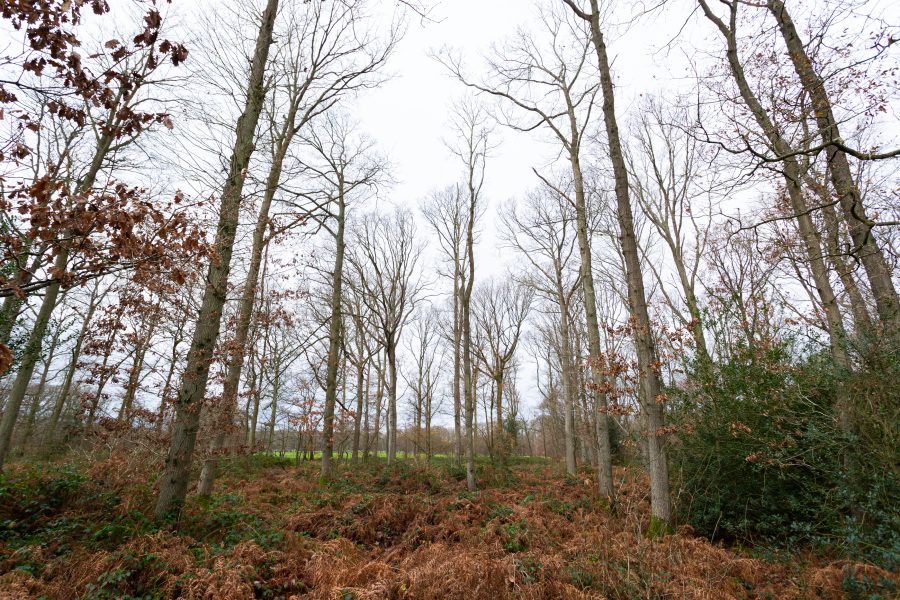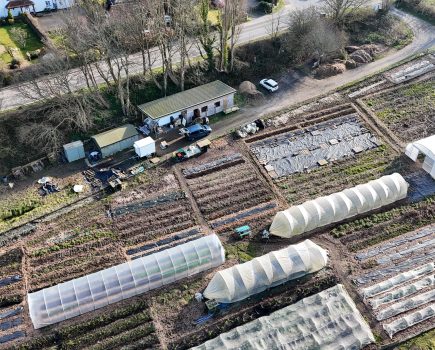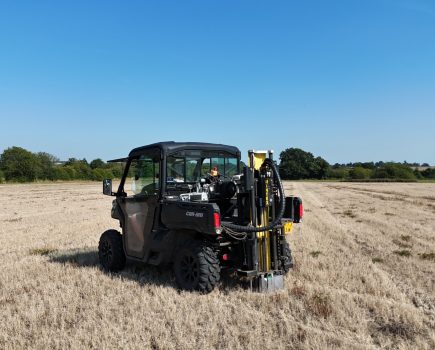Winter weather increases the demand for firewood, and could bring a Christmas bonus for woodland owners looking to release value from their timber.
Woodland management company South East Forestry has established a reputation for delivering the best prices for timber of all kinds, helping landowners to improve their woodland while paying for the timber they harvest.
As woodman Jon Davies explained: “People often don’t realise the value of the timber within their woodland – and sometimes they don’t know what they have. We take an expert look at what they have, pay the best price for the timber we harvest and leave the owner with a well-managed woodland that’s tidier, easier to access and better for the wildlife.”
Jon and business partner Dave Holmes head up a long-standing team that is skilled at generating the best possible income from standing woodland, using well-maintained, modern, purpose-built machinery to guarantee a safe and efficient job.
And while South East Forestry is always interested in oak and other quality hardwoods, there is also a good market for firewood and sweet chestnut.
Farmers and landowners with old Christmas tree plantations should be aware of spruce bark beetle and its potential impact on any Norway Spruce trees within their woodland.
“Spruce bark beetle is having a real impact on timber and Christmas tree plantations in this part of the world, and once the Forestry Commission spots it within your trees, you will be served with an enforcement notice that will take it from a potentially valuable crop to one that you will have to pay to have removed,” Jon advised.
“We can assess your woodland, identify the species it contains, assess its value and give you a comprehensive report on the potential income from your timber.
“Ash dieback is also causing problems in the South East, and so ash is another species that we can put to good use while it still has value as firewood. If left too late, not only will the timber go to waste, but any natural regeneration will be badly affected by trying to grow in that environment. Replanting is next to impossible in such a tangled mess.”
With woodland very often subsidiary to a farm’s main commercial activity, the South East Forestry team’s expertise can often reveal value that the owner was unaware of. “We are often invited to look at woodland the farmer or landowner thinks is low value, only to discover valuable timber for which we can offer a good price,” John explained.
For those who do know what they have on their land, the team is always looking to harvest oak, sweet chestnut coppice, ash and mixed hardwoods, while they can also advise on which softwoods have commercial value.
When it comes to both hard and soft woods, South East Forestry uses the timber where possible for construction, furniture or fencing, increasing its value, locking up the carbon and helping to create and support rural jobs. “We have a clear focus on the environment, and so turning trees into woodchip is very much a last resort,” Jon explained.
Talking to South East Forestry about woodland management and turning a potentially wasted resource into income makes sound business and environmental sense. The family business has its own yard and sawmill along with close links with firewood and woodfuel outlets, allowing it to make good use of lower value timber as well as being able to store valuable timber until it can be put to the best possible use.
“We have many years’ experience in assessing timber and working with woodland owners across the South East to improve woodland, benefit the environment and produce a useful income stream for landowners,” Jon concluded.
“Our ideal scenario is to work with a landowner on a piece of unmanaged woodland to deliver a thinned, healthy, accessible wood that will allow wildlife to thrive and young trees to grow into healthy specimens while also giving the owner a respectable income – often more than he or she expected to earn.”







